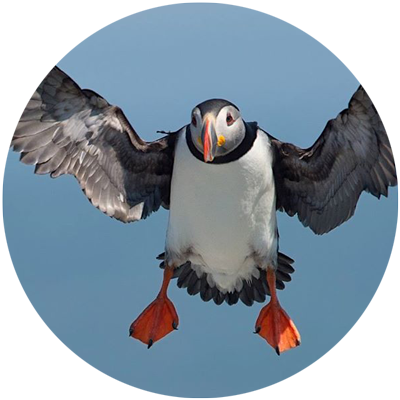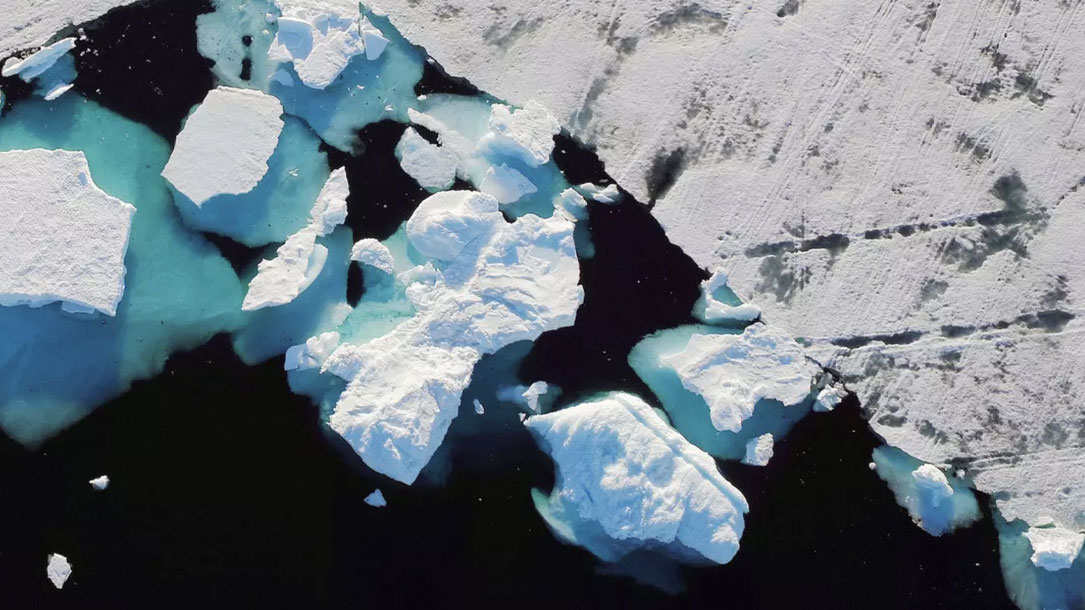
2020 is on course to be the warmest year on record
While this year will be memorable for many reasons, it is now more likely than not that 2020 will also be the warmest year for the Earth’s surface since reliable records began in the mid-1800s.
This is all the more remarkable because it will lack any major El Niño event – a factor that has contributed to most prior record warm years…

How important is climate change to voters in the 2020 election?
As Election Day nears, a majority of registered voters in the United States say climate change will be a very (42%) or somewhat (26%) important issue in making their decision about whom to vote for in the presidential election, according to a Pew Research Center survey conducted July 27–August 2…
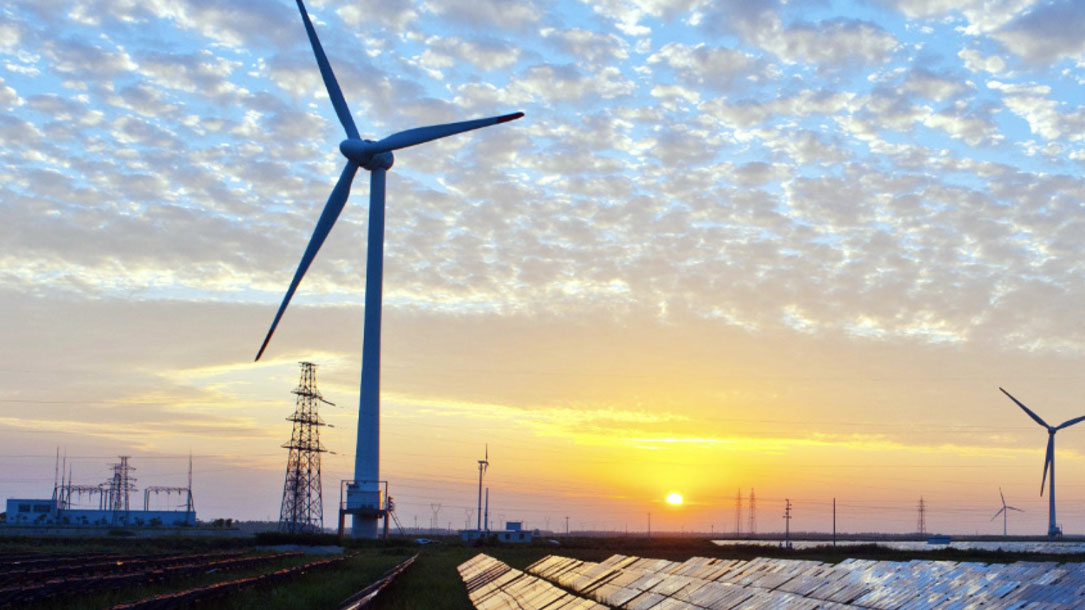
100% renewable energy: what we can do in 10 years
It will take at least three decades to completely leave behind fossil fuels. But we can do it. And the first step is to start with the easy stuff…
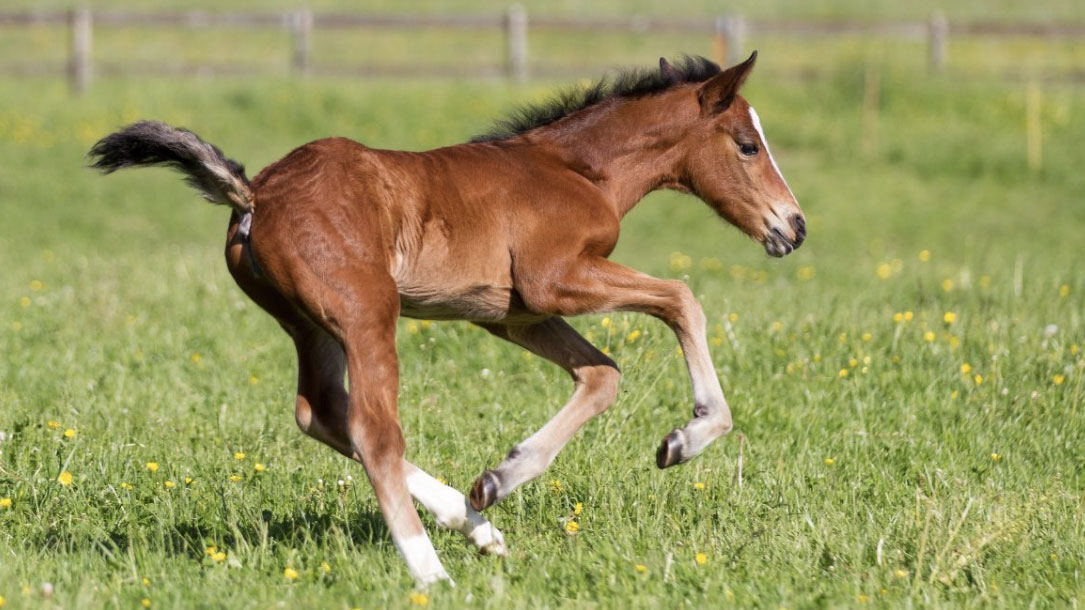
Fracking linked to rare birth defect in horses: study
This is believed to be the first study to find fracking chemicals in farm water linked to birth defects in farm animals.
In 2014, veterinarians at the Cornell University Hospital for Animals in Ithaca, New York, realized that they’d diagnosed five out of 10 foals born on one farm in Pennsylvania with the same rare birth defect…
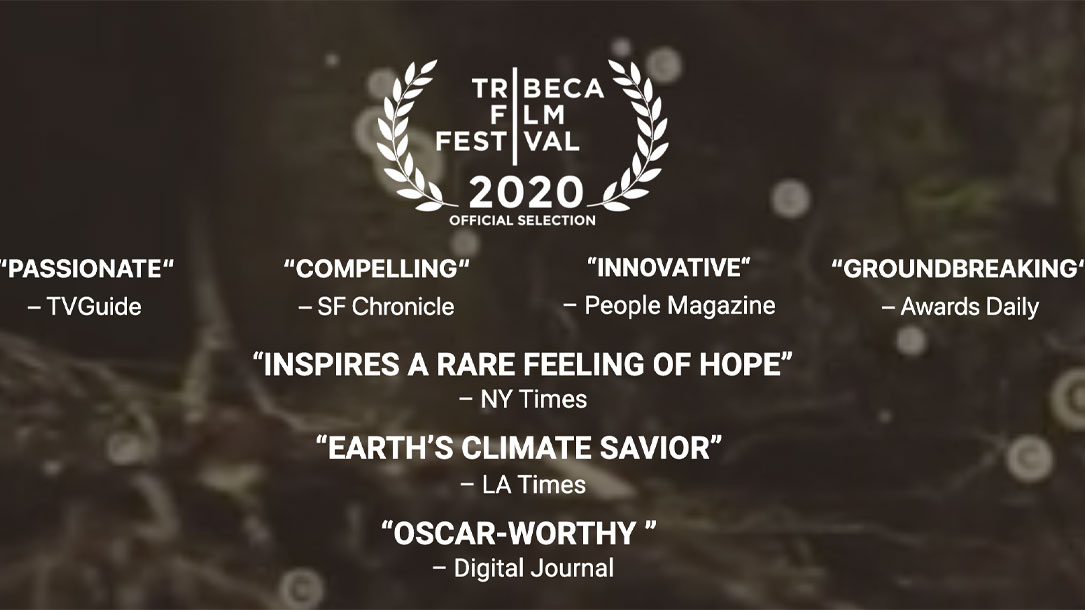
Kiss the Ground
A cure for climate change starts with a simple solution right under our feet. Kiss The Ground is now streaming on Netflix, and the exclusive, live Q&A with Gisele Bündchen, Woody Harrelson, and Ian Somerhalder, plus the filmmakers, farmers, and activists behind the regenerative movement, is right here.
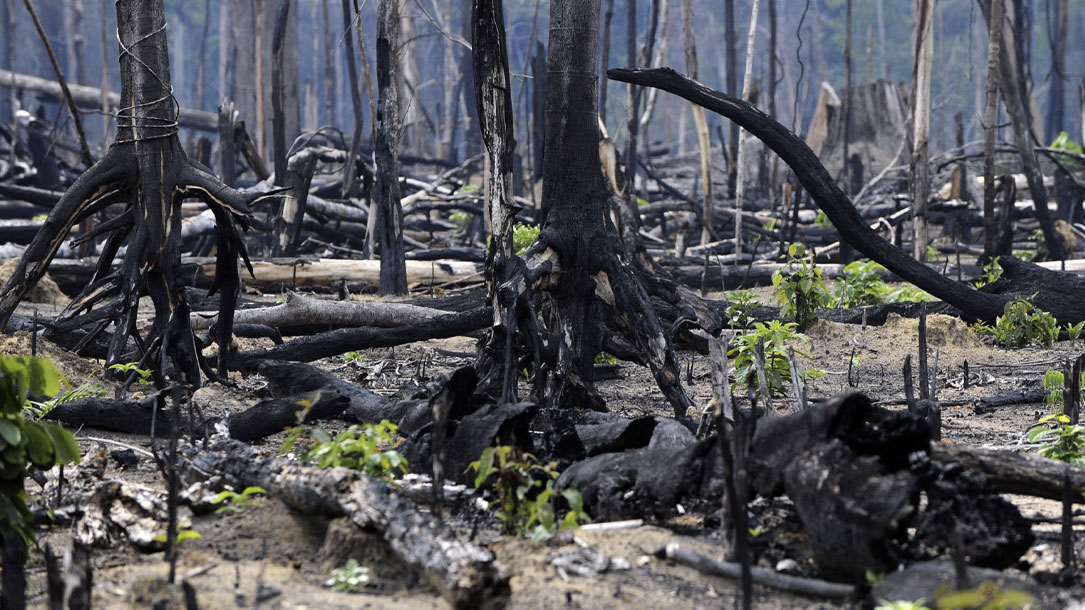
Natural debate: do forests grow better with our help or without?
The study is the most detailed attempt yet to map where forests could grow back naturally, and to assess the potential of those forests to accumulate carbon. “We looked at almost 11,000 measurements of carbon uptake from regrowing forests, measured in around 250 studies around the world,” Cook-Patton told Yale Environment 360…
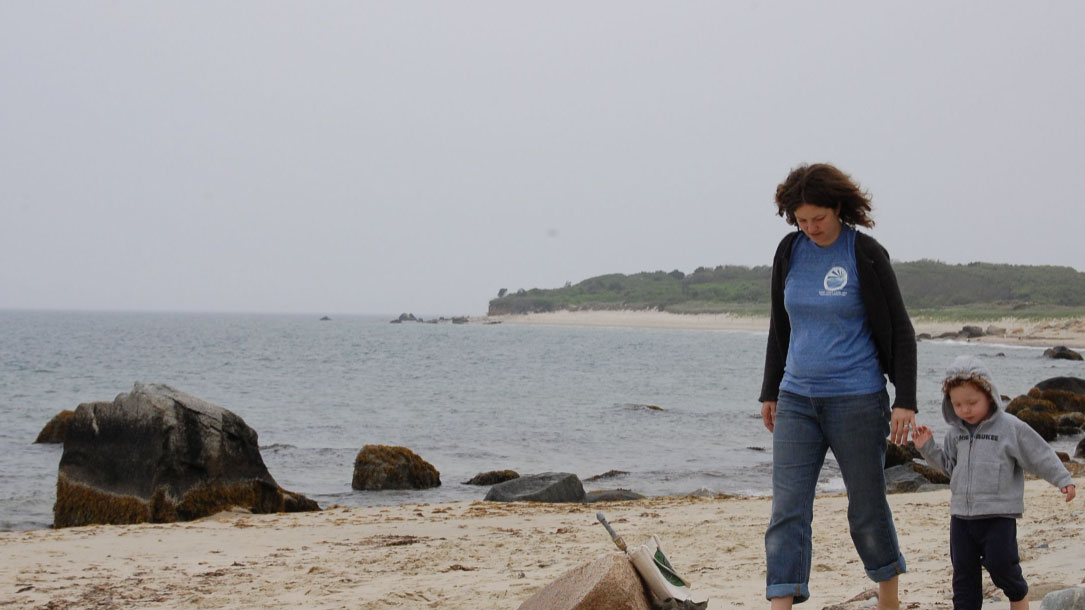
Let’s talk climate
You know that the science on climate change is clear. But less than half of us talk about it with family and friends—and we can’t fix what we don’t talk about.
Check out our how-to guide for simple tips to get the conversation started. You’ll learn:
- What’s more important than being an expert on the facts
- How to connect to the person across from you
- The kinds of questions to ask if you get stuck…
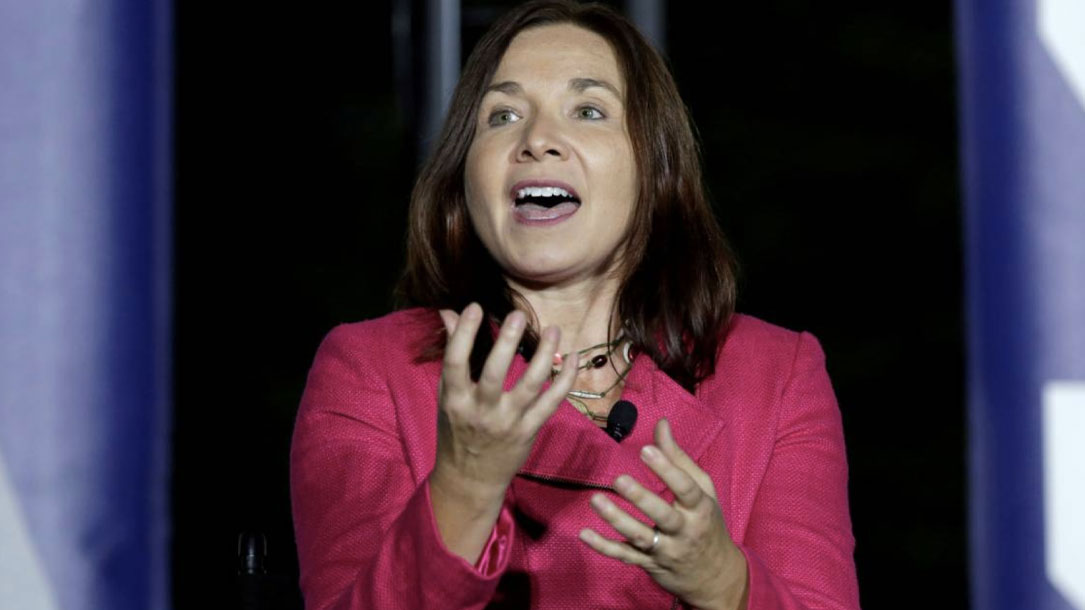
Climate primer: how to talk about climate change
Climate change-related threats—from record wildfires to worsening heatwaves, floods, and storms—are affecting more and more people around the world. So why aren’t we acting on the increasingly evident changes around us?
One reason is too many people still see climate change as a faraway threat—one their children or grandchildren, people in distant countries or polar bears will face—but not one that will hit them personally, or that needs attention now…
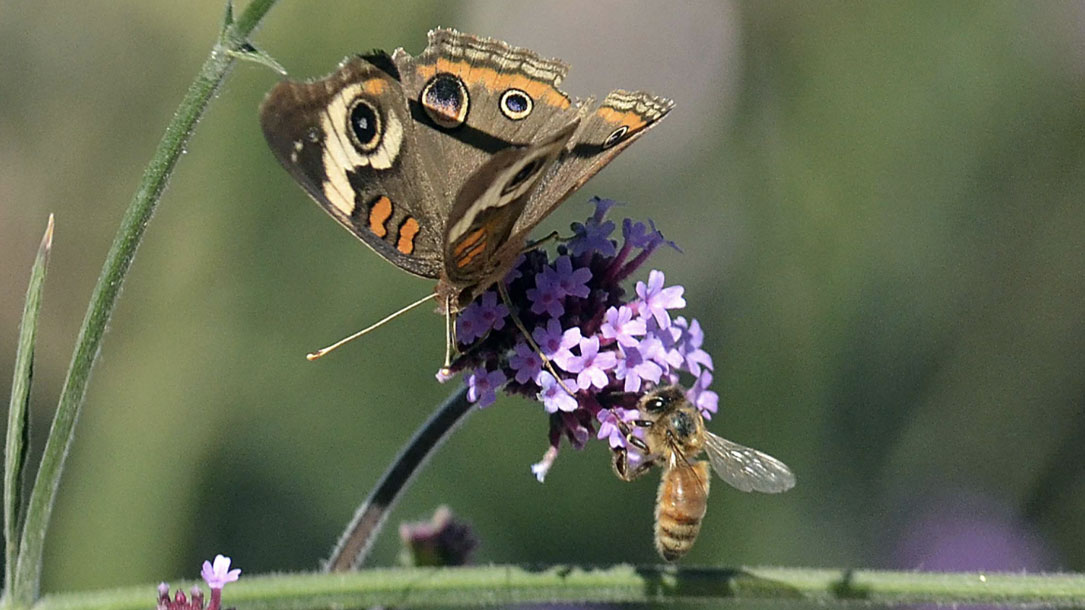
Pollinators on the decline in Indiana and the United States
Indiana and the nation as a whole are still seeing some loss in honeybees. The problem is so prevalent President Barack Obama issued a memorandum directing government agencies to take additional steps to protect and restore domestic populations of pollinators, including honey bees, butterflies, native bees, birds and bats…
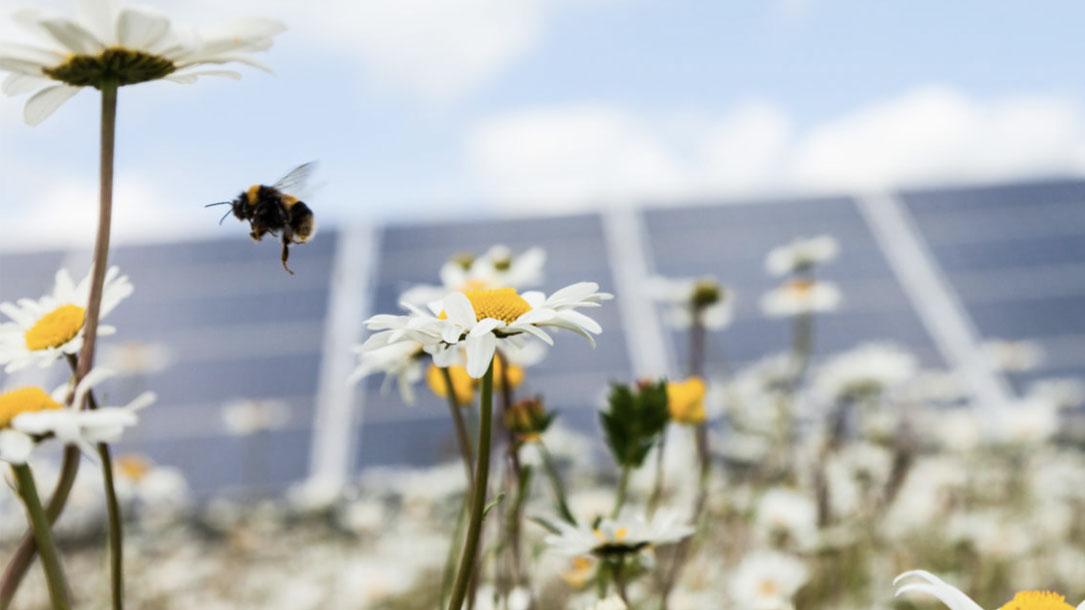
The Center for Pollinators in Energy
Bees, monarchs, and other critical pollinators are disappearing, and scientists agree that loss of habitat is a primary concern. Because the United States solar industry first took off in the desert Southwest, a standard practice for the land on solar sites is gravel and/or monocrop lawn grass.
That changed in 2016 when Fresh Energy, Audubon Minnesota, and the Minnesota Corn Growers worked with agricultural and business leaders to establish the nation’s first statewide standard for vegetation on solar sites…



